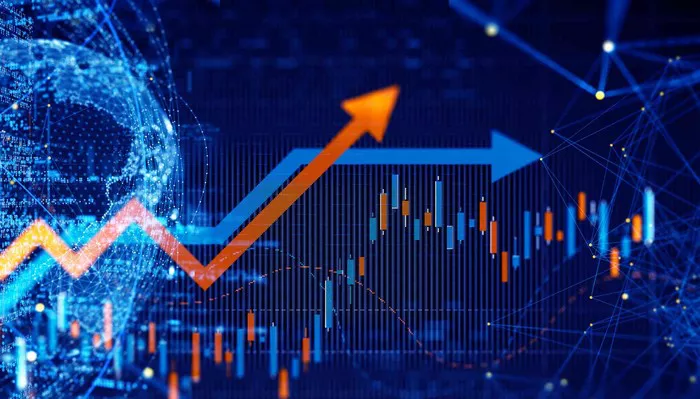Bond futures are financial contracts that enable investors to buy or sell a specified quantity of bonds at a predetermined price on a future date. These derivatives are essential tools for managing risk and speculating on interest rate movements in the fixed-income market. In this guide, we will delve into the intricacies of bond futures, exploring how they work, their uses, and their significance in the financial world.
What are Bond Futures?
Bond futures are standardized contracts traded on futures exchanges, representing an agreement between two parties to buy or sell a particular bond at a specified price (the futures price) on a predetermined future date (the delivery or expiration date). Unlike options, which provide the holder with the right but not the obligation to buy or sell an asset, futures contracts impose an obligation on both parties to fulfill the terms of the contract upon expiration.
How Bond Futures Work
Bond futures derive their value from an underlying bond, typically a government or corporate bond with specific characteristics such as maturity, coupon rate, and face value. The futures price reflects the market’s consensus on the expected future value of the underlying bond at the time of contract expiration.
When trading bond futures, investors have two primary positions: long and short.
1. Long Position: The buyer of the futures contract agrees to purchase the underlying bond at the predetermined price upon expiration. A long position benefits from an increase in the price of the bond futures.
2. Short Position: The seller of the futures contract agrees to deliver the underlying bond at the predetermined price upon expiration. A short position benefits from a decrease in the price of the bond futures.
Uses of Bond Futures
1. Risk Management: Bond futures provide an effective hedging tool for market participants to mitigate the risks associated with interest rate fluctuations. For example, a bondholder concerned about a potential decline in bond prices due to rising interest rates can enter into a short futures position to offset potential losses.
2. Speculation: Traders and investors often use bond futures to speculate on the direction of interest rates and bond prices. By taking positions based on their market outlook, they seek to profit from price movements in the underlying bonds.
3. Arbitrage: Arbitrageurs capitalize on price discrepancies between the cash bond market and the futures market. By simultaneously buying or selling bonds in the cash market and taking opposite positions in bond futures, arbitrageurs exploit temporary mispricings to generate profits.
Significance of Bond Futures
Bond futures play a crucial role in facilitating price discovery and enhancing market liquidity in the fixed-income market. They provide investors with efficient mechanisms to manage risk, express investment views, and implement trading strategies. Moreover, the ability to leverage and trade on margin amplifies the market’s efficiency by attracting a diverse range of participants, including institutional investors, speculators, and arbitrageurs.
Conclusion
In conclusion, bond futures are valuable instruments that enable investors to manage risk, speculate on interest rate movements, and enhance market liquidity in the fixed-income market. Understanding how bond futures work and their various applications is essential for investors looking to navigate the complexities of the financial markets effectively. By incorporating bond futures into their investment strategies, market participants can optimize portfolio performance and achieve their financial objectives with greater precision and confidence.
FAQs
Q1: How do bond futures differ from bond options?
A1: Bond futures are obligations for both parties to buy or sell the underlying bond at a specified price and date, whereas bond options provide the holder with the right but not the obligation to buy or sell the bond at a predetermined price within a specified time frame.
Q2: What factors influence the price of bond futures?
A2: The price of bond futures is primarily influenced by changes in interest rates, bond yields, and the time to expiration. Additionally, factors such as supply and demand dynamics, market sentiment, and macroeconomic indicators can also impact bond futures prices.
Q3: Can individual investors trade bond futures?
A3: Yes, individual investors can trade bond futures through brokerage accounts that offer access to futures markets. However, due to the complexity and leverage involved, it is essential for individual investors to have a thorough understanding of the market dynamics and risk management techniques before engaging in bond futures trading.


